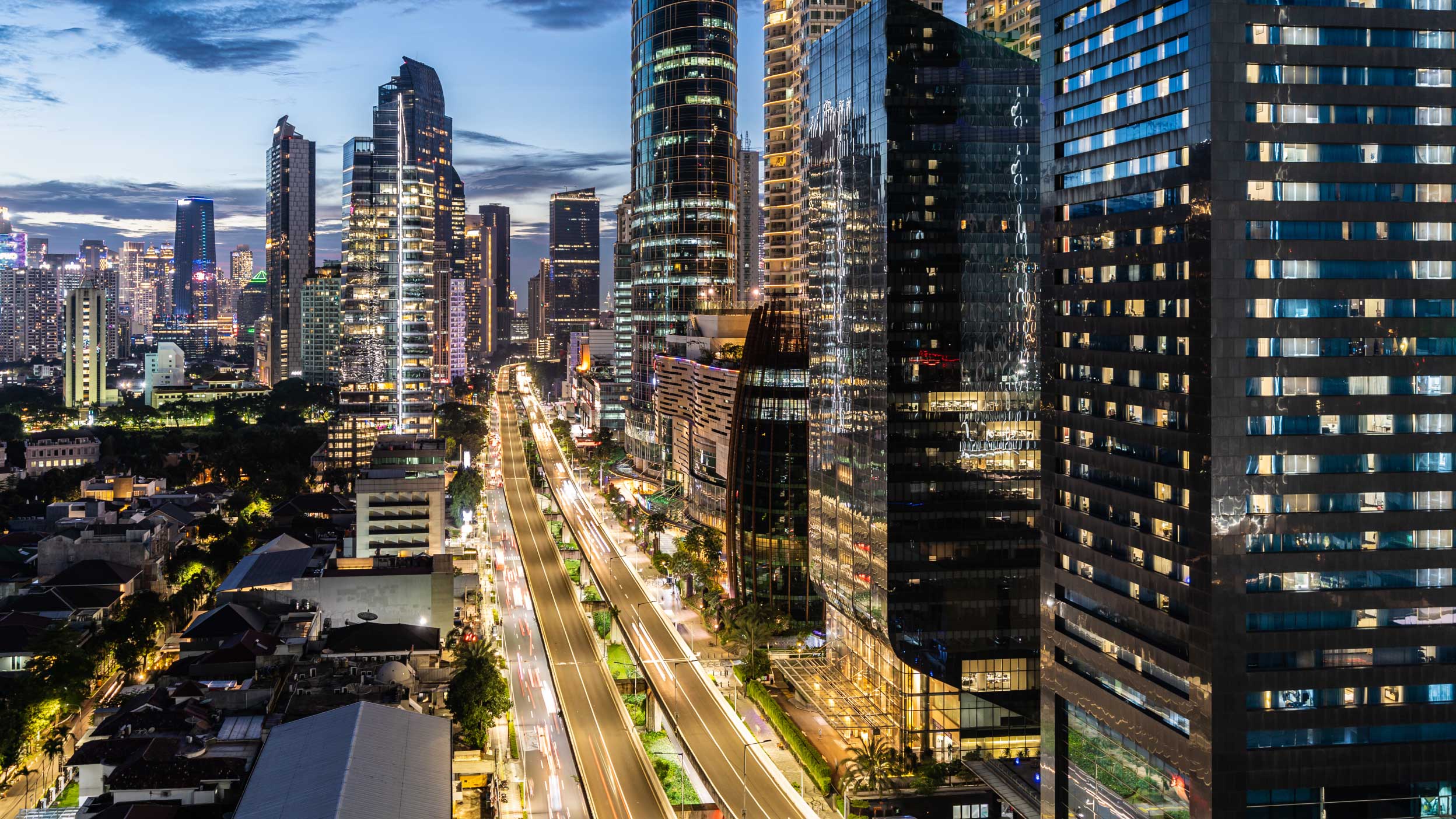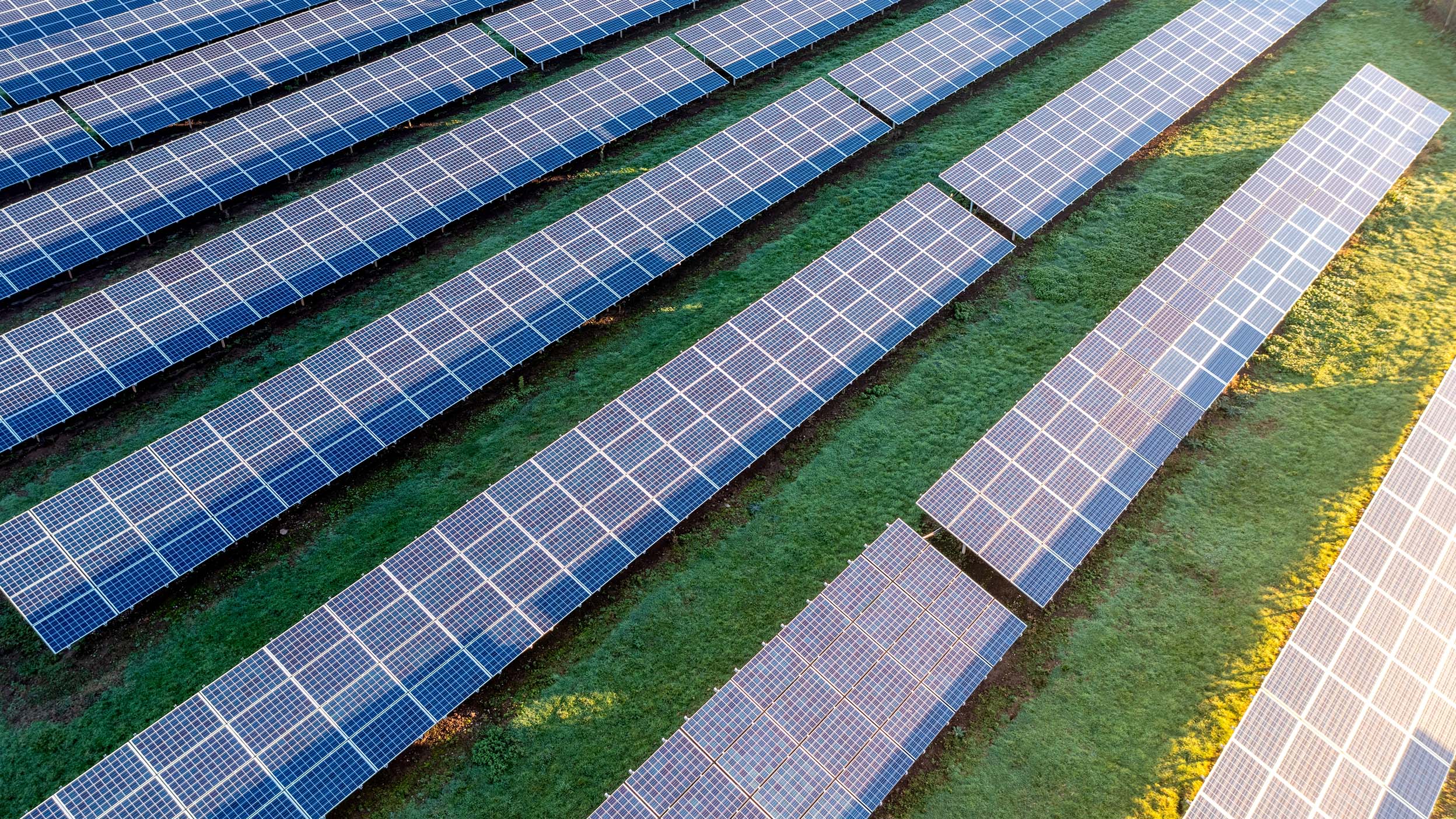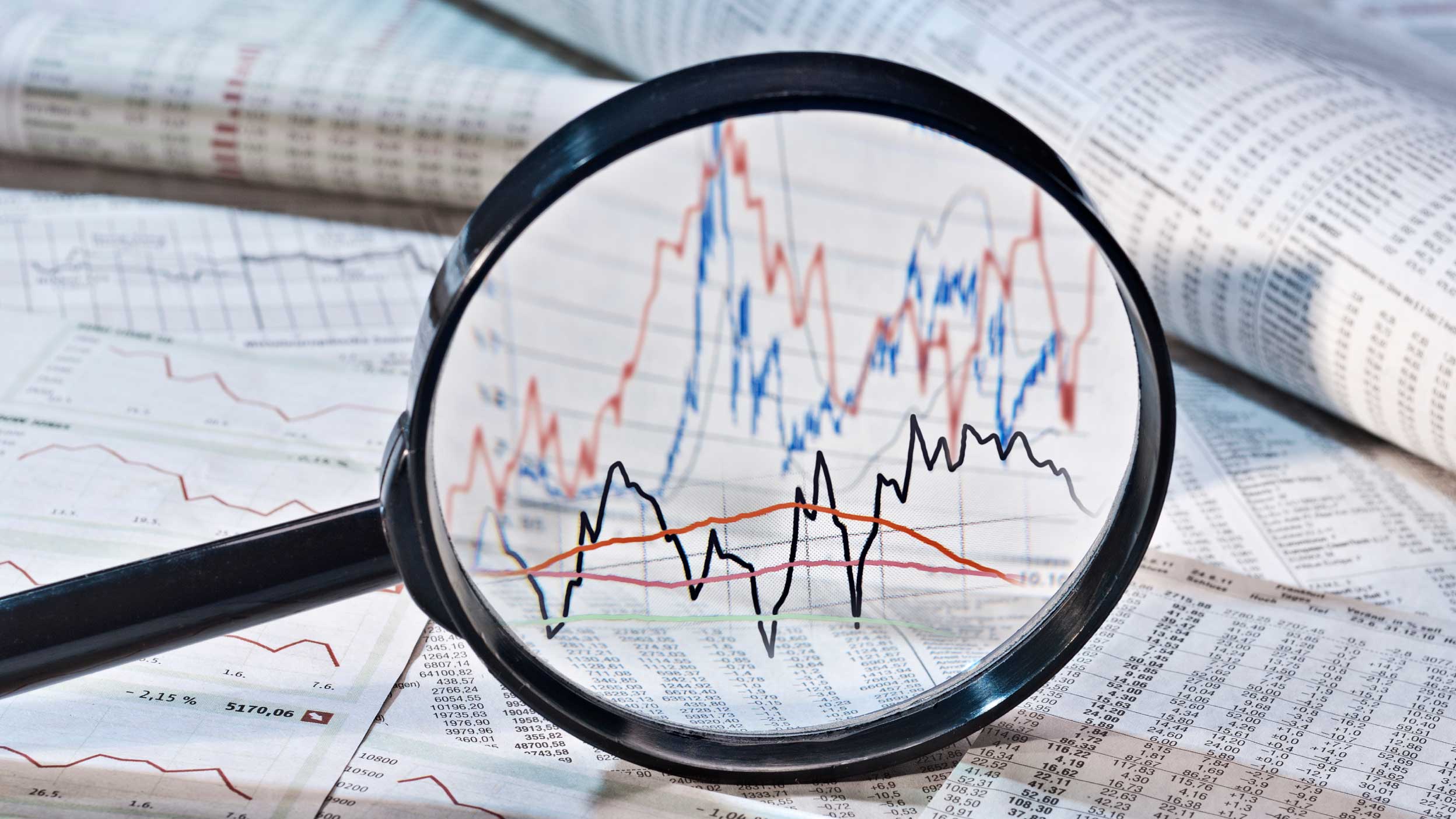In the pursuit of a more sustainable future, our Net Zero Global Bond strategies not only aim to mitigate greenhouse gas (GHG) emissions but also strive to foster a positive impact on the real economy. Built on the belief that achieving the goal of net zero should not rely on excluding certain sectors, a primary focus is on companies within a hard-to-abate sectors, such as aviation and oil & gas. Recognising the critical role these sectors play in global emissions, our strategies revolve around identifying opportunities and companies that serve as enablers in the journey toward net zero attainment, rather than excluding them.
Neste – reducing aviation’s carbon footprint
Among the standout enablers in this space is Neste, the world's leading sustainable aviation fuel (SAF) producer. Neste's innovative approach involves the production of SAF from sustainably sourced renewable waste and residues, including used cooking oil and animal fat waste. This process results in SAF that can reduce GHG emissions by up to 80% over the fuel's life cycle, compared to conventional fossil jet fuel — a significant contribution to emissions reduction in the aviation sector.
Looking ahead, Neste is poised to further bolster its production capacity, with plans to increase total production capacity of renewable products to 6.8 million tons by the end of 2026. This expansion not only signifies the company's dedication to meeting growing demand for sustainable alternatives but also reinforces its pivotal role as a key player in the transition to a low-carbon economy.
Maersk – sailing towards Net Zero
Separately, as economies strive to reach net zero, the logistics and ocean shipping sectors have emerged as critical areas for reducing greenhouse gas (GHG) emissions. In this landscape, Maersk stands out as a pioneer and leader, spearheading efforts to develop and implement low-emission solutions across its value chain.
At the core of Maersk's approach is a commitment to collaboration and innovation. Maersk's dedication to sustainability is evident in its investment in clean technologies and renewable sources. The company is a frontrunner in the adoption of green methanol as a marine fuel, with the world's first container ship capable of sailing on green methanol, the Laura Mærsk, marking a significant milestone in this journey upon its arrival in 2023. This pioneering vessel showcases Maersk's commitment to embracing innovative solutions that reduce GHG emissions while ensuring operational efficiency.
Moving forward, Maersk is poised to further expand its fleet of low-emission vessels. With 18 large container vessels (16,000-17,000 TEU capacity) on order, scheduled for arrival in 2024-2025, and an additional 6 vessels (9,000 TEU capacity) slated for delivery in 2026-2027, Maersk is set to significantly increase its capacity for sustainable shipping. These investments underscore Maersk's long-term vision and proactive approach to navigating the transition toward a low-carbon future.
Furthermore, Maersk's commitment to sustainability extends beyond its own operations to encompass its entire value chain. By piloting low-GHG emission solutions for airfreight, landside transportation, and logistics facilities, Maersk is driving systemic change and encouraging industry-wide adoption of best practices in emissions reduction.
Maersk's leadership in decarbonising global logistics exemplifies the pivotal role that companies can play in addressing the goal of net zero.
Neste and Maersk demonstrate climate transition and net zero leadership but also offer tangible solutions for decarbonising hard-to-abate sector. As we navigate the path to net zero, investment in innovative companies such as these will be instrumental in realising our collective vision of a more sustainable future. By leveraging a forward-looking approach and rigorous due diligence, our Net Zero global bond strategies aim to catalyse transformative change while generating sustainable returns for investors.






